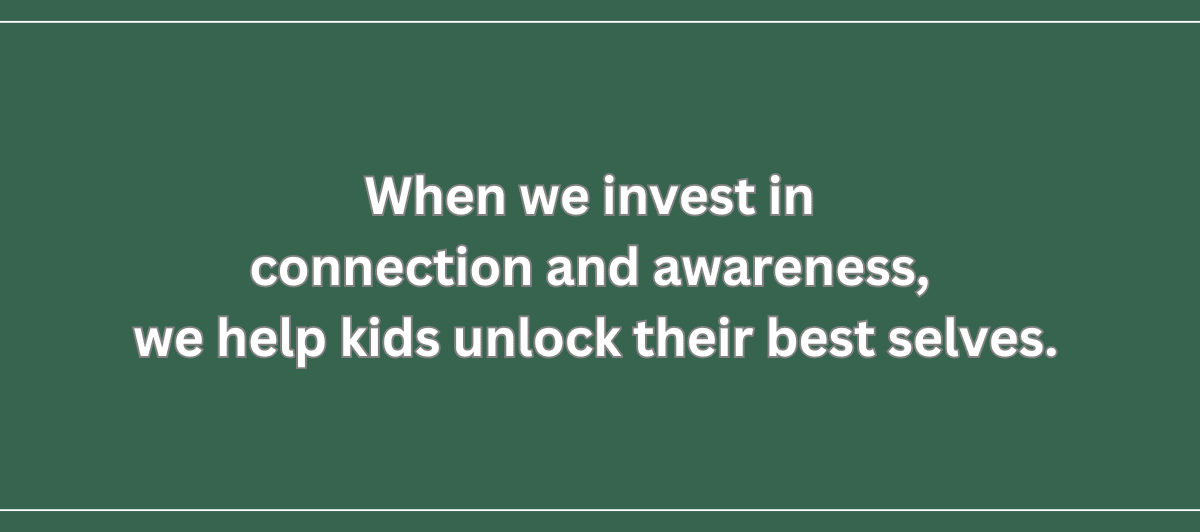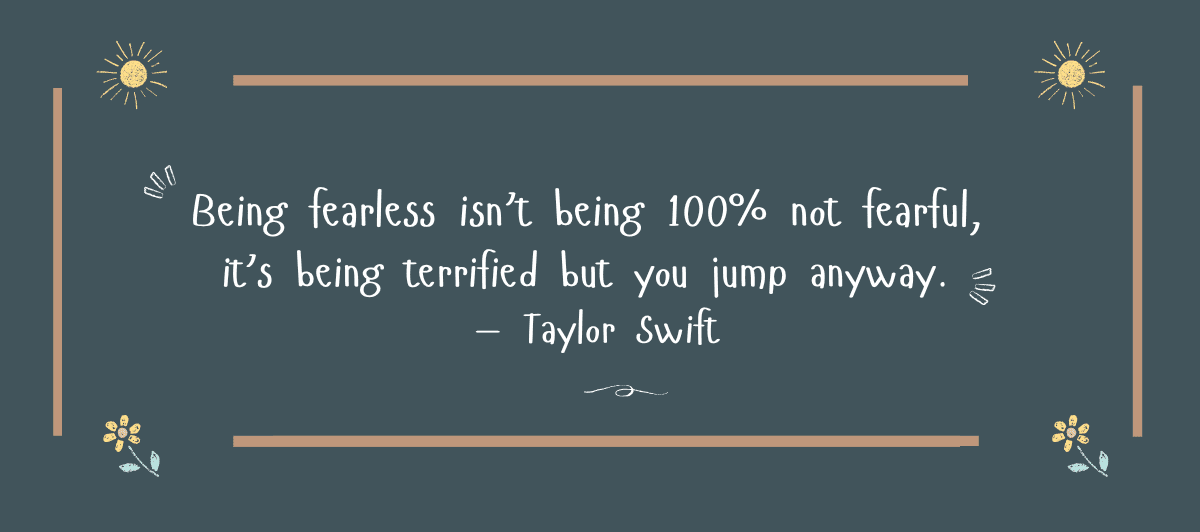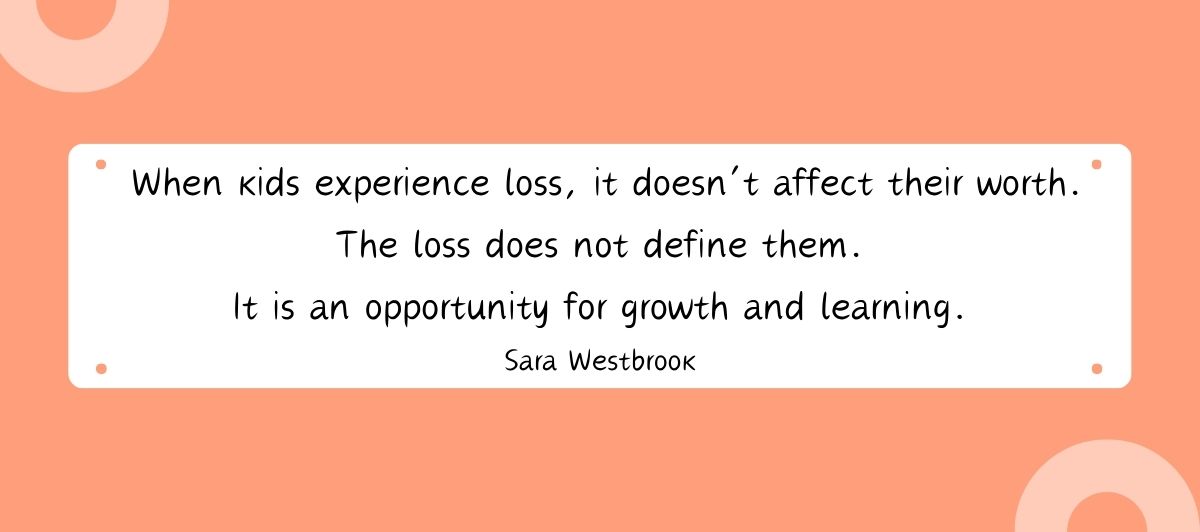
Confidence vs Self Worth: Know the Difference
It’s easy to confuse confidence and self-worth—but they’re not the same. Understanding the difference makes it easier to stand strong in who you are. Confidence changes, self worth never.
Confidence is about your abilities—how you feel about what you can do, your skills, and how prepared you are. It shifts and grows as you face new experiences and challenges.
Self-worth? That’s something deeper. It’s about how you value yourself as a person, regardless of what you do or how you feel at any given moment.
There was a time when I believed my worth depended on my achievements, the praise I received, and how many likes I got on social media. I’ve learned that when you define your value by outcomes, you give your power to things outside your control.
Confidence changes, self worth never. It’s constant—no matter the situation
This what I know: You won’t always perform the way you want—and that’s okay. You’re still worthy.
You’ll make mistakes along the way—and that’s part of it. You’re still worthy.
Until next time…











